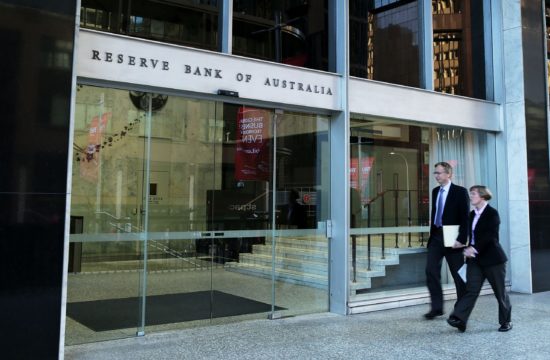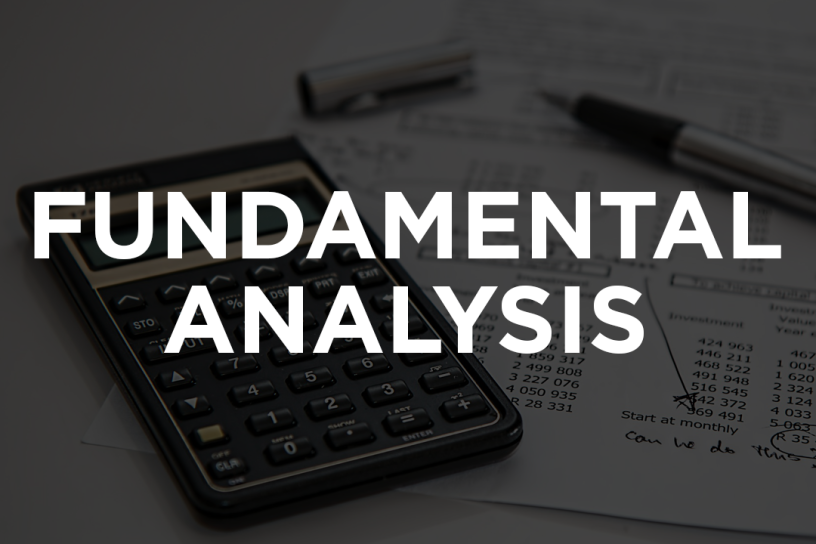• ECB supports the swift action taken by euro area macroprudential authorities to address the financial sector impact of the coronavirus outbreak by releasing or reducing capital buffers
• Macroprudential measures will free up more than €20 billion of bank capital to absorb losses and support lending
• Measures complement and reinforce microprudential measures taken by ECB
The European Central Bank (ECB) supports the measures taken by euro area macroprudential authorities to address the impact of the coronavirus (COVID-19) outbreak on the financial sector. The ECB has assessed the notifications submitted by national macroprudential authorities for each proposed measure provided for in the Capital Requirements Regulation and Directive and has issued a nonobjection decision, thereby endorsing the measures taken to reduce capital requirements, including the countercyclical capital buffer.
The measures announced by national macroprudential authorities since 11 March 2020 will free up more than €20 billion of Common Equity Tier 1 capital held by euro area banks. They include releases or reductions of the countercyclical capital buffer, systemic risk buffer and buffers for other systemically important institutions. In addition, some authorities have postponed or revoked earlier announced measures to avoid placing pressure on banks to accumulate capital buffers in a downturn.
These macroprudential actions complement and reinforce the measures announced by ECB Banking Supervision since 12 March 2020.
The ECB, in the exercise of the macroprudential tasks conferred by the Single Supervisory Mechanism Regulation1, is responsible for assessing macroprudential measures considered by national authorities in the countries subject to ECB Banking Supervision. Moreover, the ECB has the power to apply, when necessary, higher requirements or more stringent measures than those adopted nationally to address risks to financial stability.
The ECB has today published an overview of the macroprudential measures taken by euro area authorities (including central banks and banking supervisors) in response to the coronavirus outbreak and their impact on banks’ regulatory capital.














